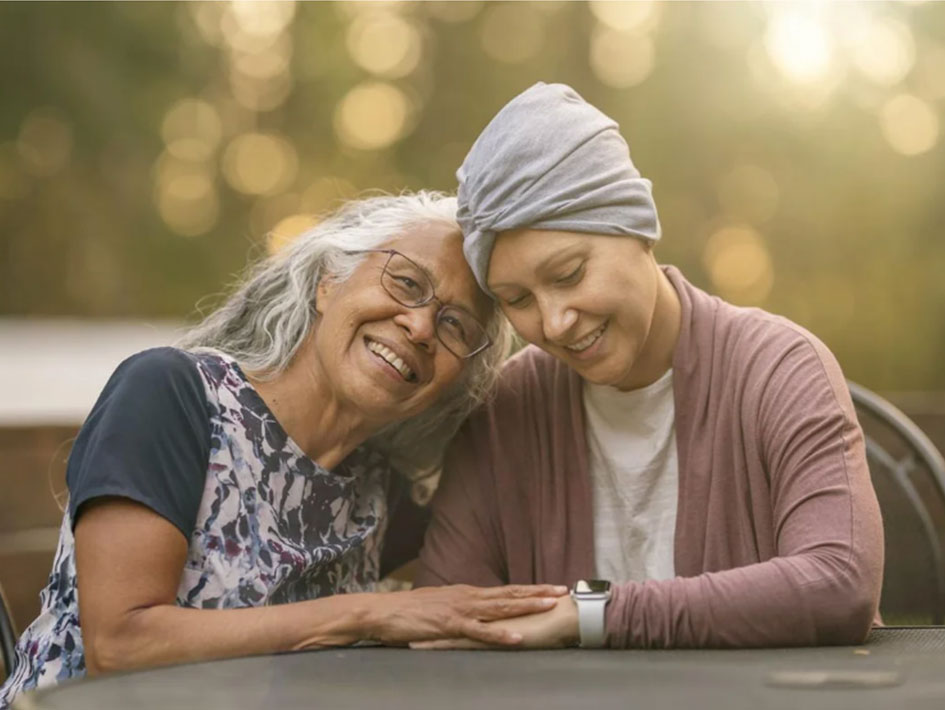Colon cancer, like many serious medical conditions, not only affects the body but can also have a profound psychological impact. The emergence of colon cancer symptoms can evoke anxiety and fear in individuals, making it essential to address not only the physical aspects but also the mental and emotional well-being of those experiencing these symptoms.
In this article, we’ll explore the psychological impact of colon cancer symptoms and provide insights into coping strategies to navigate the emotional challenges that may arise.
Understanding the Psychological Impact
Anxiety Surrounding Uncertainty
Colon cancer symptoms can be vague and overlapping with other less serious conditions, leading to uncertainty and fear of the unknown. Waiting for diagnostic tests and results can exacerbate anxiety, as individuals grapple with the anticipation of a potential cancer diagnosis.
Emotional Toll of Symptom Recognition
Identifying symptoms associated with colon cancer, such as changes in bowel habits, blood in stools, or abdominal discomfort, can trigger emotional distress. The association of these symptoms with a potentially life-threatening disease can evoke heightened emotional responses.
Impact on Mental Well-Being
Societal stigma around cancer, combined with the fear of its consequences, can impact mental well-being, contributing to stress and emotional strain. The recognition of colon cancer symptoms may lead individuals to confront thoughts of mortality, prompting existential fears.
Coping Strategies for Managing Anxiety and Fear
Open Communication
Openly discussing concerns with healthcare professionals, friends, or family can provide a supportive outlet for expressing fears and seeking reassurance. A clear understanding of the diagnostic process, including the purpose and timeline of tests, can alleviate anxiety related to uncertainty.
Educational Empowerment
Educating oneself about colon cancer, its symptoms, and the diagnostic journey can empower individuals to confront their fears with knowledge. Understanding available treatment options and success rates can provide a sense of control and a positive outlook.
Seeking Professional Support
Consulting with mental health professionals, such as psychologists or counselors, can offer valuable coping strategies and emotional support. Joining cancer support groups allows individuals to connect with others facing similar challenges, fostering a sense of community and understanding.
Mind-Body Techniques
Mind-body techniques, such as mindfulness and meditation, can help manage anxiety by promoting relaxation and focus on the present moment. Engaging in physical activities like yoga or exercise not only contributes to overall well-being but can also serve as a constructive outlet for emotional stress.
Expressing Emotions Creatively
Expressing emotions through creative outlets like journaling or art can be therapeutic, providing an avenue for processing feelings. Listening to music or engaging with literature that resonates with one’s emotional experience can be a comforting and cathartic experience.
Encouraging Emotional Resilience
Normalizing Emotional Responses
Recognizing that feelings of anxiety and fear are normal responses to the uncertainty of health concerns can reduce the stigma associated with these emotions. Giving yourself permission to feel and acknowledging emotions without judgment fosters emotional resilience.
Balancing Hope and Realism
Balancing hope for positive outcomes with a realistic understanding of the situation can help individuals navigate their emotional journey. Cultivating an optimistic mindset involves focusing on positive aspects, even amid challenging circumstances, to promote mental well-being.
Navigating Emotions Through the Journey
The psychological impact of recognizing colon cancer symptoms is a significant aspect of the overall cancer experience. It is crucial to recognize that the emotional toll is a normal response to the uncertainty and potential life-altering nature of a cancer diagnosis. Open communication, education, seeking professional support, and embracing coping strategies contribute to emotional resilience.

